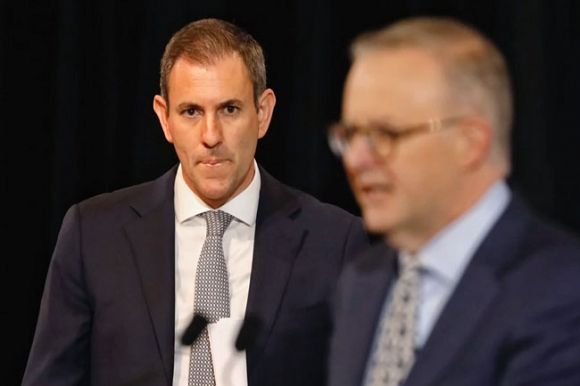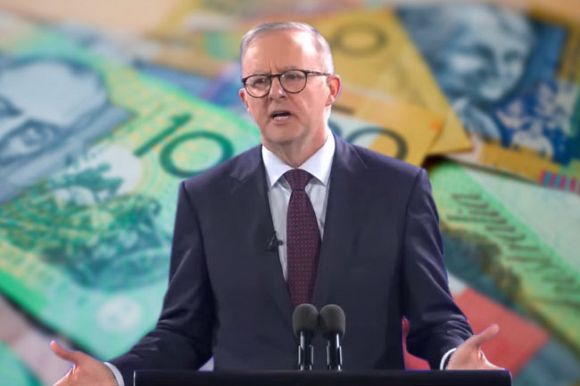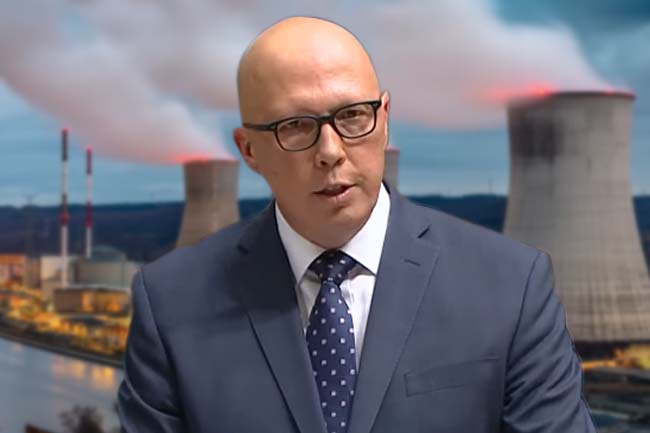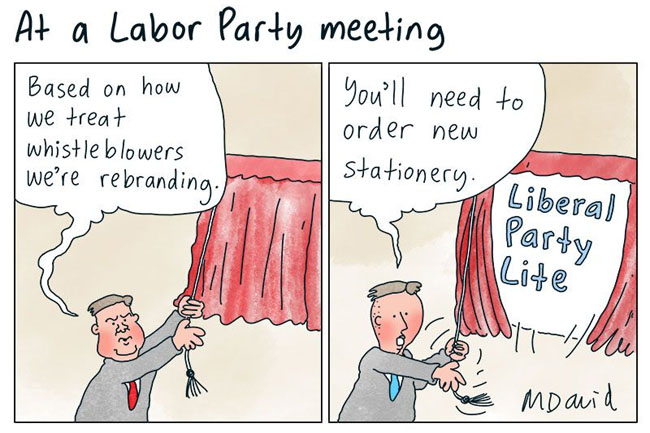With the Federal Budget only weeks away, time is running out for Labor to make the right decision on its Stage 3 tax cuts policy. Professor John Quiggin reports.
THERE’S ONE striking difference between the pro-rich tax cuts just dumped by UK Prime Minister Liz Truss and the Stage 3 tax cuts on course to be implemented by the Labor Government of Prime Minister Anthony Albanese.
Truss’ cuts were announced and dumped in the space of ten days. By contrast, the forthcoming cuts were announced ten years in advance by then Treasurer, Scott Morrison. Despite pointing out the obvious faults of the policy, Labor voted for the tax cuts and has now adopted them as its own tax policy.
It is hard to know which is worse. Truss’ cuts represented a massive misjudgement of the economic situation. That was reflected in the hostile reaction of financial markets, even though participants in those markets were among the biggest beneficiaries of the cuts. But, however misguided, the policy represented an honest attempt to deal with the situation Britain is actually facing.
Nothing so generous can be said about the Stage 3 cuts. They were legislated years in advance to sidestep political resistance, on the basis of projections that could not possibly be realistic. As it has turned out, the shock of the COVID pandemic and the subsequent upsurge in inflation have rendered them totally irrelevant.
The economic case for dropping, delaying or modifying the Stage 3 tax cuts in the October Budget is now overwhelming.
Labor’s economic policy platform was based on the premise that much of the budgetary cost of the tax cuts (currently estimated at over $20 billion a year) could be offset by cutting wasteful spending and by tightening up on tax evasion. But the savings identified through close examination of pork-barrel schemes like the Community Development Grants Programs are in the millions, not billions. And an effective crackdown on global tax avoidance and evasion will be a slow process.
The experience of the past ten years has shown the need for more spending on services such as health, aged care, disability services and education. And regardless of the merits of particular decisions such as the AUKUS agreement, it seems inevitable that military spending will also increase.
In the long run, this implies that an increased share of national income must go to public expenditure. The proposed tax cuts would make this impossible.
The recent upsurge in inflation has made matters even worse. Assuming wages ultimately catch up with prices, low and middle-income earners will be pushed into higher tax brackets, so most Australians will experience declining real incomes after tax. But those at the top of the distribution, who have already benefited from rising inequality, will face the lowest effective tax rates since the Howard tax cuts of 2008-09 (also implemented by a Labor government).
Managing the inflationary surge, while avoiding a recession, will require flexible use of fiscal and monetary policy. This will be just about impossible if the Government is tied to a commitment to deliver massive and poorly targeted tax cuts in 2024-25. The failure of the UK experiment is an indication that no one now believes in the “trickle-down” idea that tax cuts for the rich will promote economic growth.
The pressure to ditch the Stage 3 tax cuts has been building steadily. Commentators like Katharine Murphy, who was sympathetic to the political reasoning behind Labor’s capitulation on the tax cuts, are now advocating a big and bold decision to dump them.
And Labor’s leaders have been dropping ever broader hints that they want to be pushed. Anthony Albanese and Treasurer Jim Chalmers have had repeated opportunities to squash any speculation and have passed them up.
Jim Chalmers now says he will make the “right decisions” on tax. The crucial point here is that there is a decision to be made, rather than a legislated decision to be implemented. Any decision on the merits implies scrapping or scaling back top-end tax cuts.
With only a few weeks to go before Labor’s first budget, it’s crucial to pressure the Government in every possible way. Albanese and Chalmers may not say so, but it will be a big favour for them.
John Quiggin is Professor of Economics at the University of Queensland. His latest book, Economics in Two Lessons: Why Markets Work So Well, and Why They Can Fail So Badly, is out now from Princeton University Press. You can follow John on Twitter @JohnQuiggin.
Related Articles
- Scrapping Stage 3 tax cuts is essential, but won’t be an easy ride
- Raise the corporate tax rate and kill three birds with one stone
 This work is licensed under a Creative Commons Attribution-NonCommercial-NoDerivs 3.0 Australia License
This work is licensed under a Creative Commons Attribution-NonCommercial-NoDerivs 3.0 Australia License
Support independent journalism Subscribe to IA.















